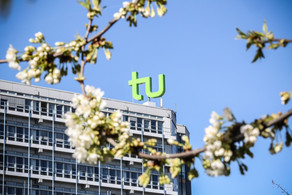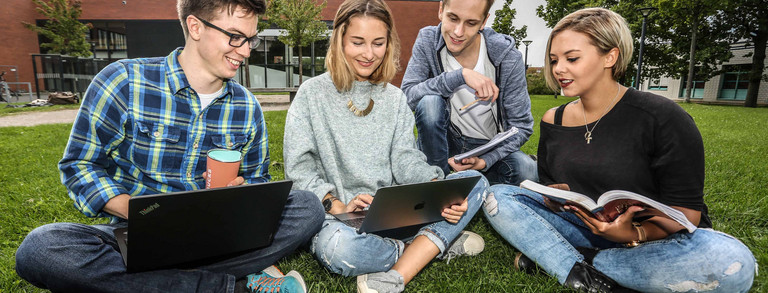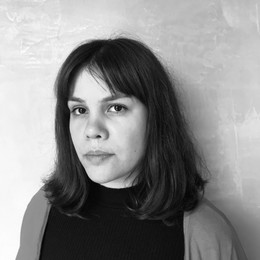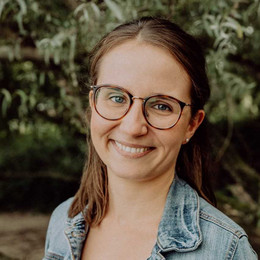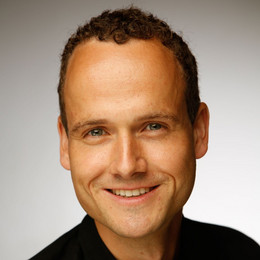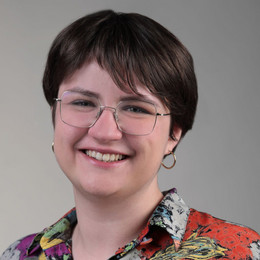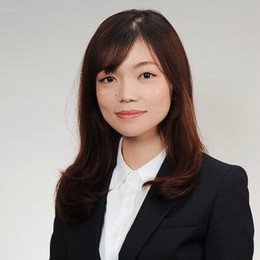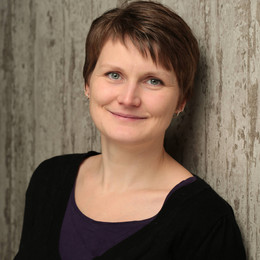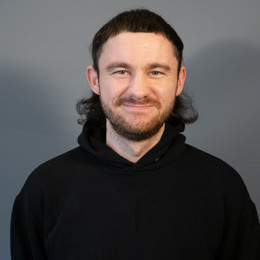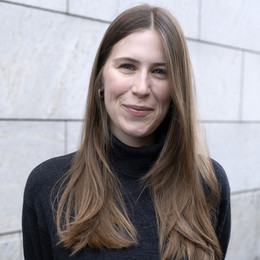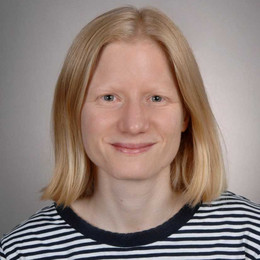Research program
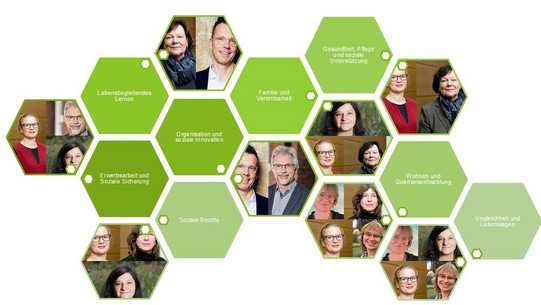
Aging societies are societies that need to constantly reinvent themselves - this applies to political and social levels, i.e. regarding institutions and social relations, as well as to the everyday life of each individual. Being old today is not the same as being old tomorrow. When societies age, it affects not only the "old" or the increasing proportion of older and very old people in the population, but everyone, including children, young, and middle-aged people. It affects individuals and families as well as the entire health and social system, the pension system, and how we live and work together. We are becoming "fewer, older, more diverse" - this is a global "megatrend" that is accompanied by fundamental social changes for everyone and brings with it a wide range of challenges. Especially in times of multiple crises (pandemics, wars, climate) with profound social and economic consequences, all this is of fundamental importance for ensuring participation, good living and working conditions, and social solidarity.
We investigate the new challenges that demographic change poses for individuals, families and societies in times of multiple crises (pandemic, wars, climate) and ask: How can self-determined ageing be made possible for everyone in key areas of life and across the entire life course? How can intergenerational social participation in ageing societies be shaped?

